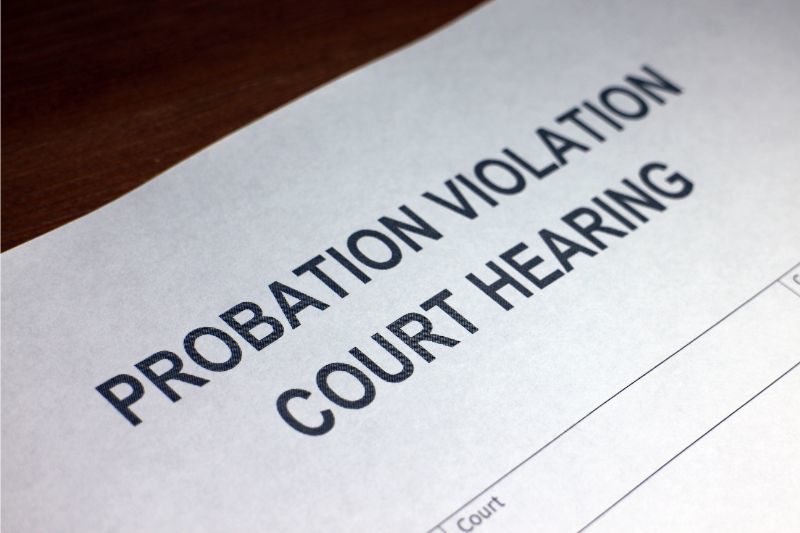Probation is defined as the release of an offender from detention, subject to a period of good behavior under supervision. Offenders often receive probation in exchange for jail time, and if they violate the conditions of their probation, they will likely have to serve the remainder of their sentence in jail or prison. Because of the potential severe consequences of violating probation, it is important to make the best of this opportunity and to avoid any violations.
There are general rules of probation that apply to everyone on probation. Some of these general rules include: the offender shall refrain from excessive use of alcohol, the offender shall not leave the judicial district without permission from the court or their probation officer, and the offender shall not frequent places where controlled substances are illegally sold, used, distributed, or administered. There are exceptions to some of the probation restrictions. One example of an exception to a restriction is on the restriction on associating with other persons who have been convicted of felonies. You may receive permission from your probation officer to associate with another felon. You may also purchase, possess, and use controlled substances if you have a valid prescription from a physician.
What happens if you violate the rules of your probation? Your probation officer may handle the violation themselves or your violation may be handled by the court. When a probation officer handles a probation violation themselves, the violation is said to have been handled administratively. Some violations, unfortunately, cannot be handled by the probation officer and must be addressed by the court. When a probation violation is going to be addressed by the court the offender will receive a summons to court. If the offender does not appear at this court hearing, a bench warrant will be issued for the offender. There is not waiting out a bench warrant – once a bench warrant is issued, the offender will have to appear in court sooner or later.
Once the offender appears for their probation violation hearing, they will be expected to either admit or deny that they committed the violation. Depending on the type of violation, their attorney may be able to offer mitigating evidence. One example would be the case of possessing controlled substances. The attorney may offer the prescription from the offender’s physician to show that the offender did not violate their probation. The attorney may offer other evidence to support the argument the offender is presenting to the court and the offender may contest that the violation occurred.
Once both sides have presented evidence to the court, the Judge will make the ultimate decision on how the move forward. The judge may decide to dismiss the violation and there would be no consequences to the offender. A second option would be a short period of incarceration before being released on probation. The worst-case scenario consequence for a probation violation would be for the judge to revoke probation and have the offender incarcerated for the remainder of their sentence.
At King Law, there are attorneys throughout North and South Carolina who handle these types of cases and can represent you in this unique situation. Call our toll-free number at 888-748-5464 (KING) to request a consultation with one of these experienced attorneys.

